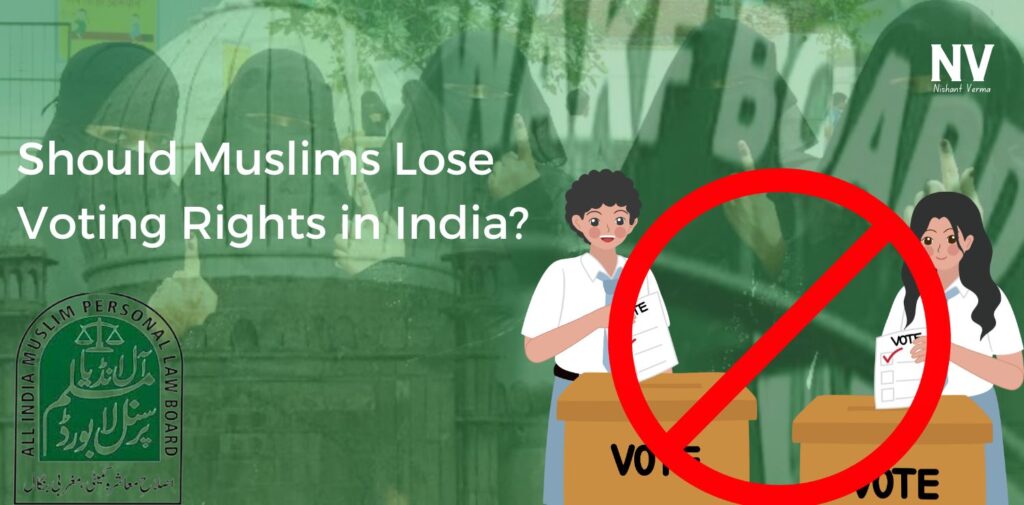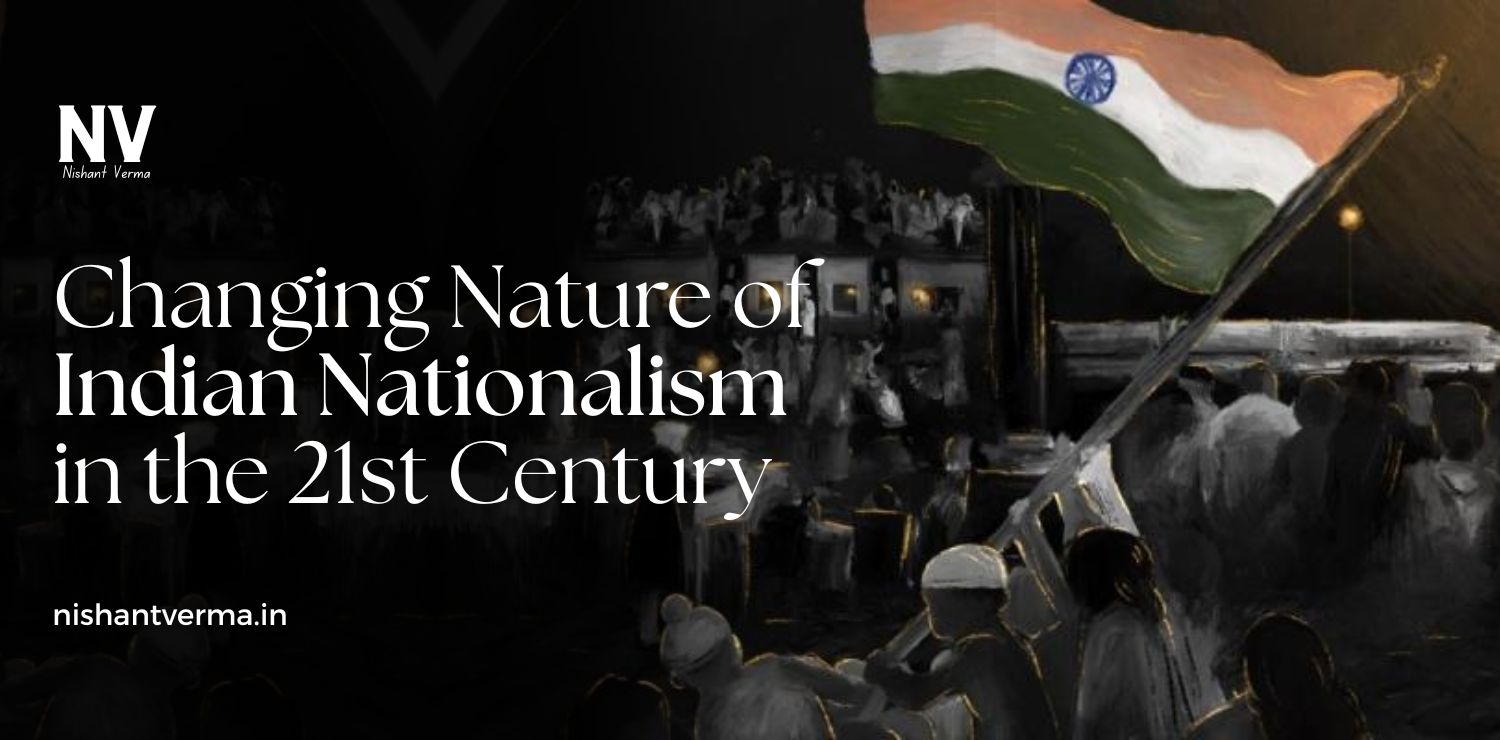A Historical Overview: The Impact of Partition
The partition of India in 1947 was a watershed moment in the country’s history, resulting in the creation of Pakistan and a massive migration of populations based on religious identity. With approximately 10-15% of the Muslim population moving to the newly formed Pakistan, a significant number chose to remain in India. This decision has shaped the nation’s diverse identity.
India’s secular foundation was built on the promise of coexistence among various religious communities. Hindus, Sikhs, Christians, and Muslims have historically lived side by side, contributing to the nation’s cultural richness. However, the legacy of partition has left scars that still influence communal relationships and political dynamics.
Current Issues: The Rise of Division
In recent years, we have seen a surge in polarization among communities. Terms like “love jihad” and “vote jihad” have emerged, often reflecting deep-seated fears about demographic changes and political influence. Many Hindus express concerns that their cultural identity is under threat, while some Muslims may feel marginalized in the face of these anxieties.
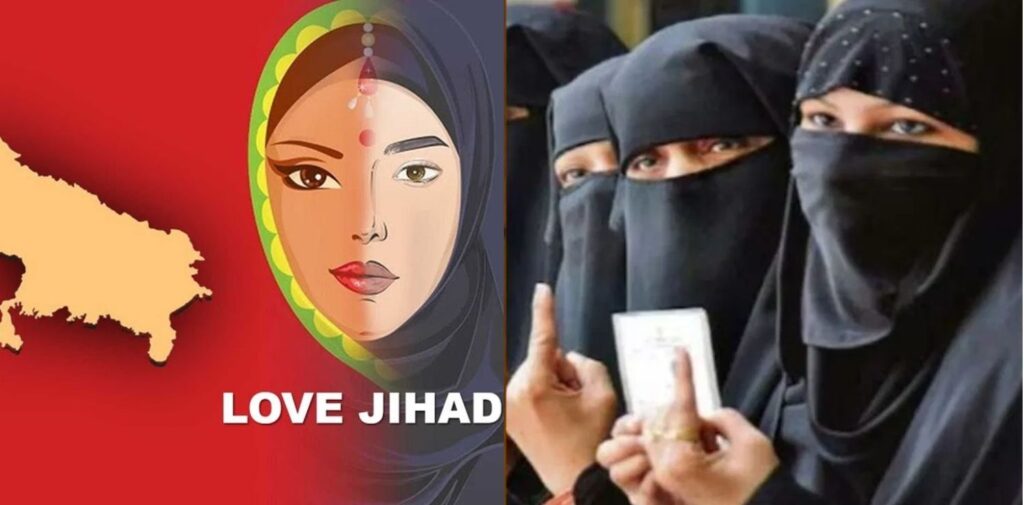
The fear of political domination by certain groups has led to a growing debate about Muslims Lose Voting Rights? Some argue that the electoral process is being manipulated, raising questions about whether certain communities should retain their voting rights in a system where they are perceived to be gaining power. This concern, while rooted in historical grievances, presents a complex dilemma.
The Problem: Fears of Marginalization
Many Hindus feel that their voice is being drowned out in a system that is increasingly influenced by other communities, particularly Muslims. This perception of being outnumbered has fueled discussions about whether voting rights should be reevaluated, particularly for those communities viewed as potential threats to the Hindu majority.
However, the call to restrict Muslims Lose Voting Rights? raises critical ethical and democratic questions. In a nation built on the principles of equality and justice, any attempt to limit the rights of specific communities based on fears can set a dangerous precedent. It risks alienating significant portions of the population and further exacerbating communal tensions.
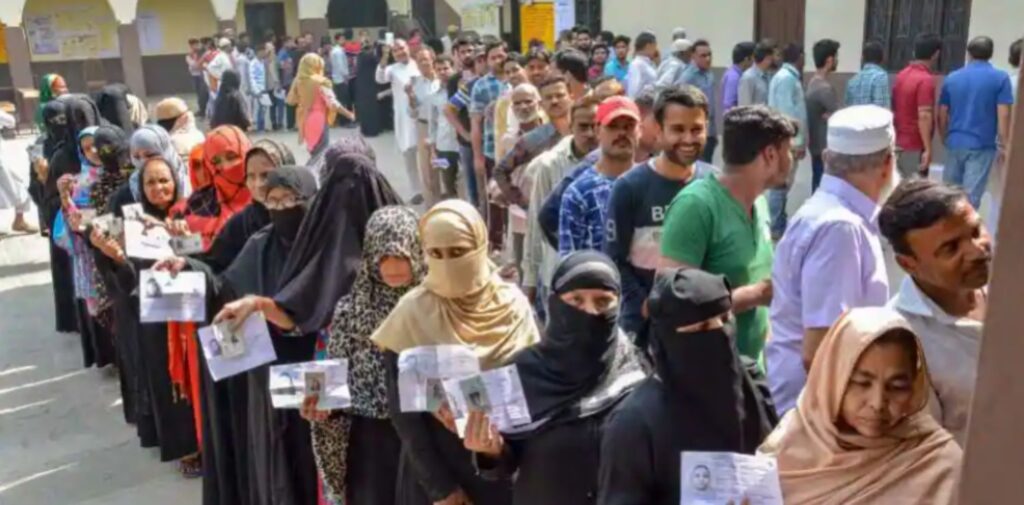
A More Constructive Approach: Rethinking Representation
Instead of removing voting rights, we need to consider a more constructive approach to address concerns about representation and influence. Here are some suggestions:
- Demographic Accountability: Implementing measures that hold political parties accountable for representing diverse interests can help ease fears. This could include setting quotas for different communities to ensure fair representation in local and national politics.
- Voter Education Programs: Initiating comprehensive voter education campaigns that emphasize the importance of inclusivity in a democracy can empower citizens. These programs can highlight the value of diverse perspectives in political discourse and encourage participation from all communities.
- Facilitating Dialogue Between Communities: Creating spaces for intercommunity dialogue can help bridge gaps of misunderstanding. Initiatives that encourage Muslims and Hindus to engage in discussions about their concerns and aspirations can foster mutual respect and understanding.
- Strengthening Laws Against Electoral Manipulation: It is vital to have robust laws in place to safeguard against electoral malpractice, hate speech, and coercion. Enforcing these laws effectively can help create a fairer political environment where all voices are respected.
- Reevaluating Electoral Systems: Exploring alternative electoral systems, such as proportional representation, could ensure that all communities feel represented and heard. This could reduce the perception of domination by any single group and promote a more balanced political landscape.
Finding Common Ground: Unity in Diversity
Despite the challenges we face, India’s unity in diversity is its greatest strength. The nation has a rich tapestry of cultures, languages, and beliefs that can coexist and flourish together. It’s essential to emphasize the shared values that unite us rather than focusing solely on the differences that divide us.
Promoting unity among Hindus and Muslims, and indeed all communities, can foster a sense of belonging for everyone. Initiatives that celebrate cultural exchanges and common heritage can help build a more cohesive society, where individuals feel valued regardless of their religious or cultural background.
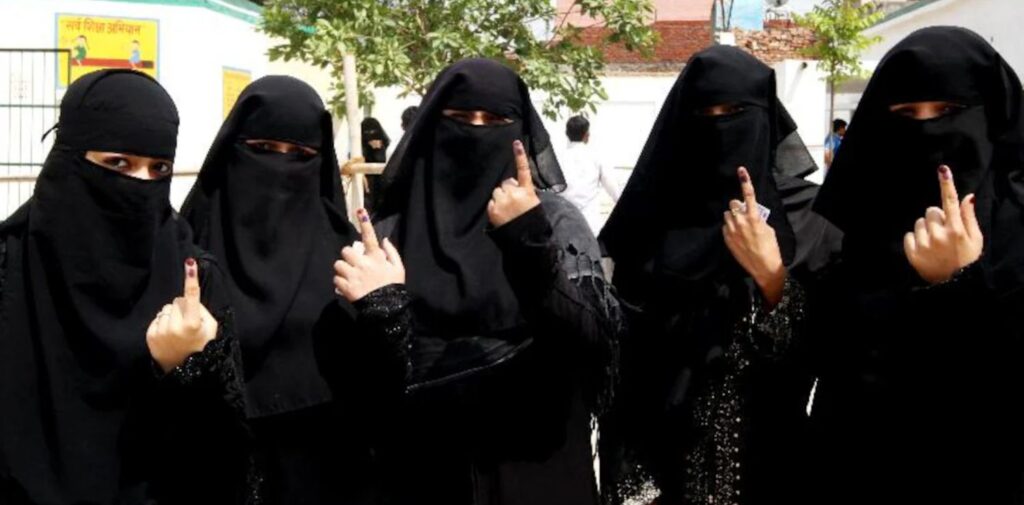
Conclusion: Muslims Lose Voting Rights?
As we navigate the complexities of India’s political landscape, it is crucial to reflect on the implications of our decisions regarding voting rights. While fears about political domination and marginalization are legitimate, the solutions we propose must promote inclusivity rather than division.
The future of India relies on our ability to engage in constructive dialogue and work collaboratively toward common goals. Let’s strive to create an environment where all communities—Hindus, Muslims, and others—can participate fully in the democratic process, ensuring their voices are heard and respected.
What are your thoughts on reexamining voting rights in India? How can we address legitimate concerns while fostering unity? Share your perspectives in the comments below.

